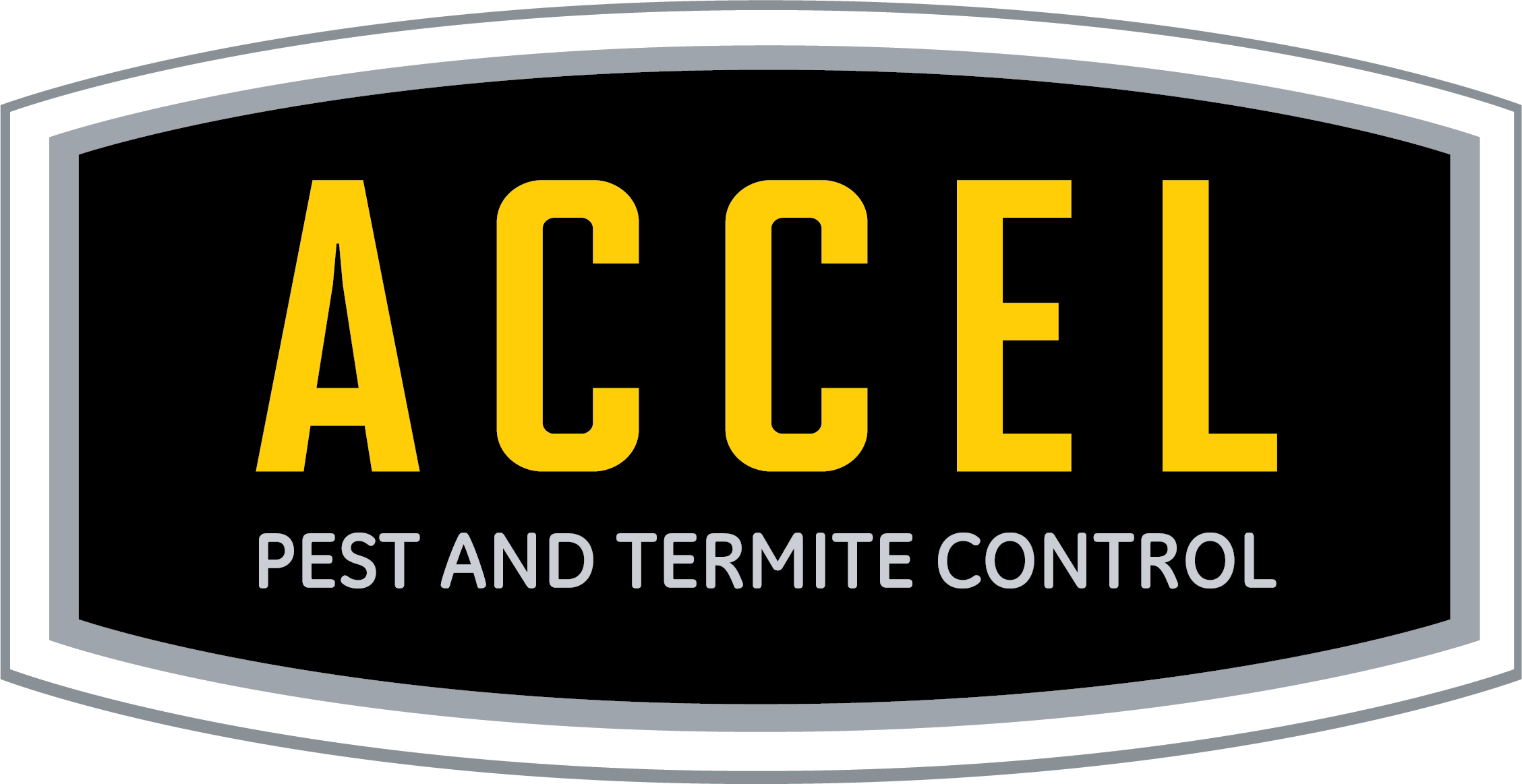Can Pests Make You Sick?

Anyone who has had to deal with mosquitoes or another pest infestation knows how annoying it can be to worry about and try to get rid of bugs in and around your home. But the more dangerous side of pests is the allergic reactions and illnesses they can carry and spread.
Pests That Can Cause Allergic Reactions
Allergic reactions to pests are more common than you may realize. Some of the most common perpetrators of allergies include:
Bees and Wasps
When these annoying bugs sting, they inject venom into your body. As a defense mechanism, these substances are toxic. However, since humans are so large, bee and wasp venom can have a variety of adverse effects on the human body. This is the main reason for the swelling you may typically associate with a stinging insect.
For some, these effects are heightened to the extreme by an allergy. In some cases, these can be life-threatening, so caution is always advised around stinging insects.
Bed Bugs and Fleas
Biting insects are even more common than stinging insects may be. Thankfully, though they are more common, they’re also less likely to cause life-threatening allergic reactions.
Insects that fall into this category include mosquitos, bedbugs, and fleas. It’s common to get a small bit of redness or itchiness (caused by the toxin injected into our skin when these pests feed), but for many, that is the extent of the problem.
Cockroaches and Dust Mites
Allergic reactions aren’t only caused by stinging and biting bugs! Pests impacting your indoor air quality are more common than you may realize. Shed skin, body parts, feces, and saliva get kicked up into the air easily, where they can irritate your breathing or your eyes. They’ve also both been known to cause asthma attacks.
Pests that Transmit Serious Diseases
While some pests can cause only mild inconveniences and annoyance, others carry far more dangerous diseases with them. Some can even be life-threatening.
Mosquitoes
The itching and red bumps that a mosquito bite produces can result from your skin’s allergic reaction to its saliva. However, bites have many more consequences. They can transmit viruses that create malaria, encephalitis, meningitis, and other severe health conditions.
West Nile Virus
As the most frequently occurring disease mosquitoes transmit, the West Nile virus starts appearing in the summer and lasts through fall.
Zika virus
Symptoms of the Zika virus are generally mild, and some may not even register any symptoms whatsoever. However, the Zika virus is also associated with complications of pregnancy, including preterm birth and miscarriage.
Malaria
Around 2,000 cases of malaria are diagnosed in the US every year. Those infected with malaria are typically very sick with high fevers, shaking chills, and a flu-like illness.
Chikungunya virus
This disease is characterized by the muscle pain and joint swelling it causes those afflicted.
Ticks
Ticks lie in wait for a host to appear in tall grass and other wild areas. Hosts can be animals or humans. Ticks can attach to any part of the human body but are often found in hard-to-see areas such as the groin, armpits, and scalp. Once a tick has latched on, it begins to feed. If the tick is carrying pathogens for Lyme disease, they can infect their host.
Approximately 476,000 Americans are diagnosed and treated for Lyme disease annually. Lyme disease is a serious disease — if left untreated, it can cause serious issues such as fever, rash, facial paralysis, and arthritis.
Eliminating and avoiding pests such as ticks and mosquitoes is the most straightforward way to prevent transmission. The World Health Organization suggests avoiding collecting water in open-air containers (pots, bottles, or other containers that can collect water) to prevent mosquito breeding grounds, trimming back shrubs and trees, and removing piles of leaves, trash, or other refuse so pests can’t hide in them.
Keep your family safe and your home a pest-free zone with the help of our experienced technicians. Contact us online or call at (877) 716-7522 to speak to a member of the team today!
